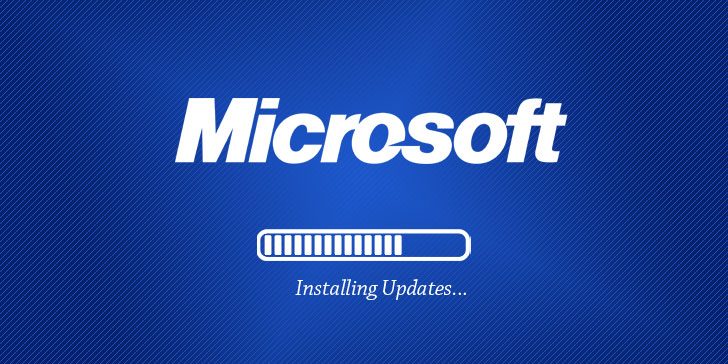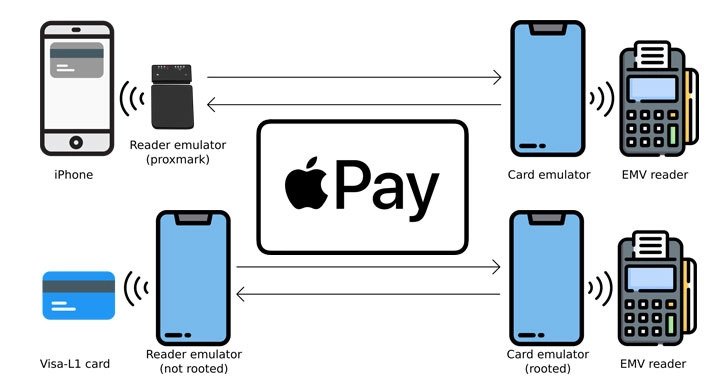Squirrel Engine Bug Vulnerability Could Let Attackers Break Out Of Sandbox Restrictions
An out-of-bounds read vulnerability in the Squirrel programming language has been discovered by researchers on August 20,2021. This can be abused by attackers to break out of the sandbox restrictions and execute arbitrary code within a SquirrelVM giving a malicious actor complete access to the underlying machine. Tracked as CVE-2021-41556, occurs when a game library […]
Squirrel Engine Bug Vulnerability Could Let Attackers Break Out Of Sandbox Restrictions Read More »







